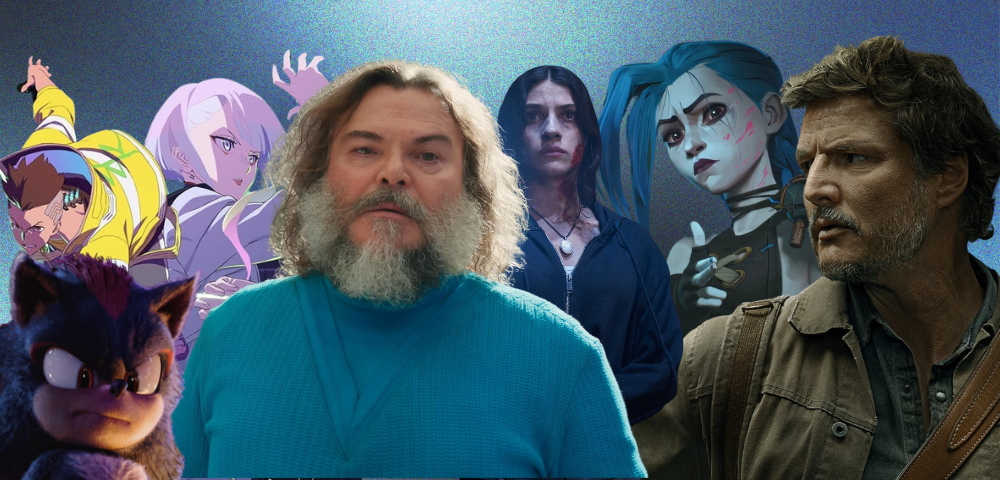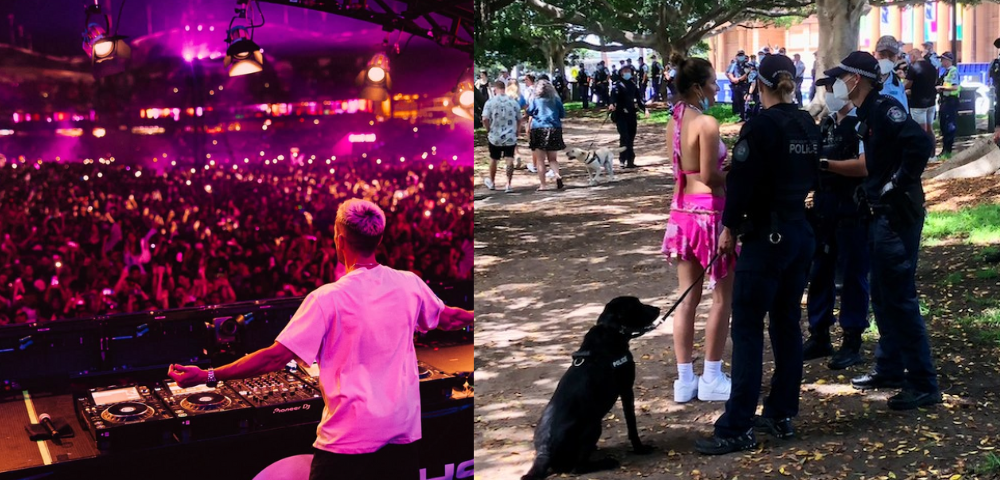
‘Thunderbolts*’ Is What The Average MCU Outing Should Be

Thunderbolts* may actually be one of the most frustrating movies to come out of the Marvel Cinematic Universe in recent years. It’s got highly competent filmmaking both in and out of its fun action scenes, the cast of the film have great chemistry together and its story is the perfect mix of self-contained and connected to the larger franchise. Indeed, it’s hard not to ask: why can’t every MCU movie be like this?
Compared to the drudgery of recent efforts like the recent Captain America film, Jake Schreier’s anti-hero escapade featuring a number of refugee characters from underwhelming or underseen MCU projects feels like a shot in the arm. Not only is it a solid action flick in its own right, Thunderbolts* is a comic book film that’s actually about something other than franchise building and doesn’t undermine its serious themes with a joke.
Even if the film does have some prevalent issues – the third act is unique but oddly anticlimactic and seemingly materialises out of thin air – it’s still been far too long since the last almost-great MCU project. Thunderbolts* shouldn’t feel like a breath of fresh air. It should be the minimum effort we expect from one of these uber-expensive movies.

Thunderbolts* is, surprisingly, pretty sincere
Florence Pugh is Yelena Belova, an assassin and agent deep in depression after the death of her sister. On a cleanup job, she meets a number of disgraced figures – ex-Captain America John Walker (Wyatt Russell), Ghost (Hannah John-Kamen) and Taskmaster (Olga Kurylenko) – who realise they’re meant to kill each other, as well as a strange young man called Bob (Lewis Pullman) who’s more than he seems.
Later on in the film, a new threat known as The Void rises and this impromptu team-up realises they’re the only ones who can stop it. Joined by Yelena’s adoptive dad Alexei, the Red Guardian (David Harbour), and ex-Winter Soldier turned US congressman Bucky Barnes (Sebastian Stan), the accidentally named Thunderbolts set out for their first mission.
The opening stretch of Thunderbolts* is particularly strong, full of action that’s shot with genuine skill by director Schreier and an excellent cast of actors bouncing off of one another. Each scene of characters fighting is so much more competently shot than anything else the MCU has released recently, yet what really carries this portion of the film is its script that exchanges the MCU’s usual penchant for self-sabotaging its characters and themes with irony for earnest emotional maturity.
It’s still quite a funny movie – maybe the most genuinely funny Marvel film in recent memory – but Thunderbolts* never treats Yelena’s depression or any character’s feelings as a joke (rather appropriate, given the main villain of the movie is a depression allegory). All the members of this strange group have done things they regret, and the fact that the film allows them to stew in those emotions makes it easy to get invested in their stories.

Where’s this MCU been for the last five years?
Given she’s spent years becoming Hollywood’s number one pick to play women going through it, Florence Pugh is expectedly great throughout Thunderbolts*. In tandem with Eric Pearson and Joanna Calo’s script, Pugh makes Yelena feel deeply real through her depiction of depression.
I particularly liked that it’s clear Yelena understands how depression works as she tries to help Bob through his own troubles, yet the knowledge doesn’t prevent her from feeling the weight of the world. A scene late in the film between Yelena and Alexei is one of the best in the film as Pugh and Harbour elevate a scene unlike anything else in the MCU: two characters sincerely listening to one another’s feelings.
Each member of the Thunderbolts has some level of sadness about them, and their clear struggles with being societal outcasts makes it easy to root for even prior antagonists. Characters like John Walker and Ghost are given surprising depth throughout the film, while anyone who’s been following the MCU for any length of time will understand the dejection Bucky Barnes is clearly feeling. That’s what makes their coming together as a team all the more significant.
And maybe that’s why I’m still managing to feel frustrated with Thunderbolts*. Surely a film where we can feel connected to the main characters should be the bare minimum, right? Yet that hasn’t been the way for the MCU in previous years, having instead opted to fruitlessly chase the unreplicable high of Avengers: Endgame with tiresome cameos and messy multiversal shenanigans.
The film is imperfect, but far better than the cameo-filled slopfests of recent Marvel memory like Deadpool & Wolverine. Even so, it’s frustrating that the highly competent Thunderbolts* feels like the exception rather than the rule.
★★★½
Thunderbolts* is in cinemas now.











Leave a Reply